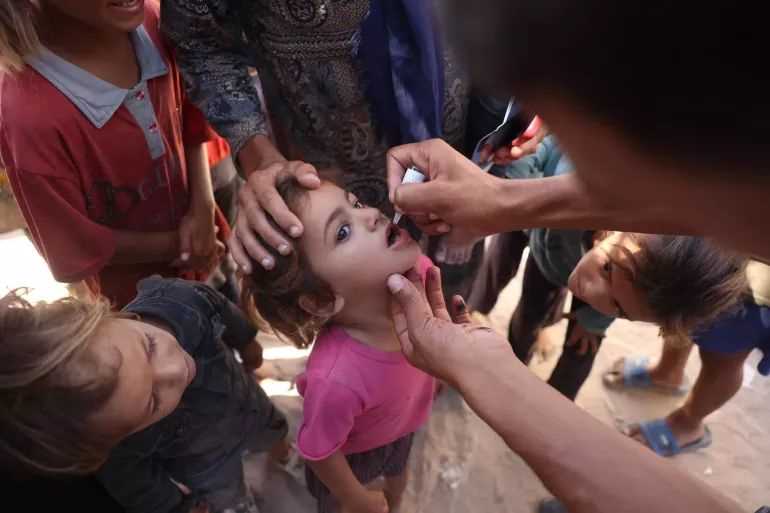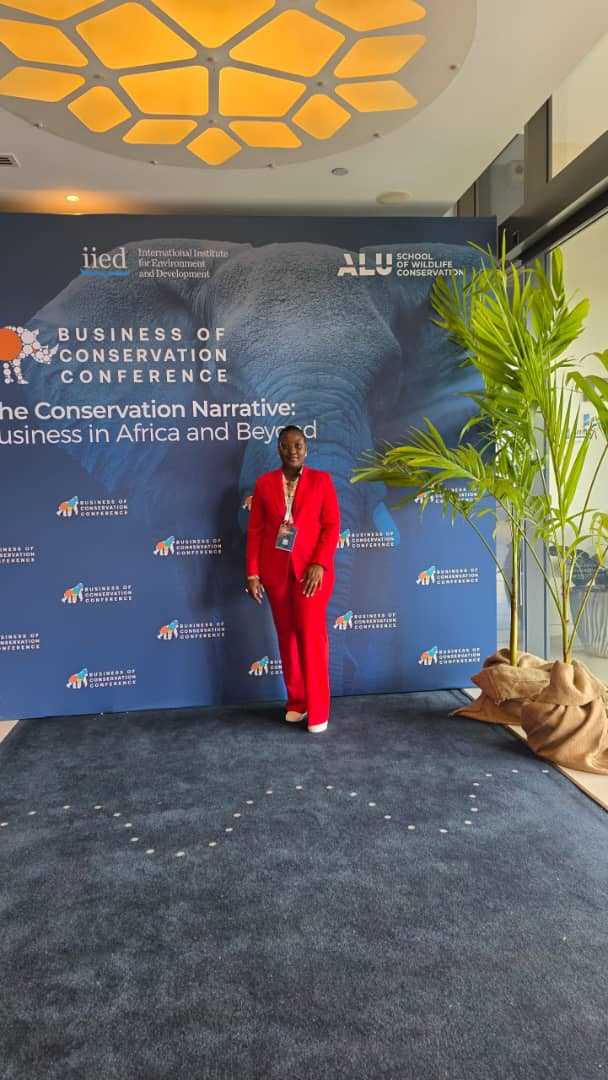
Oscar J Jeke
Zim Now Reporter
Despite decades of progress toward global eradication, polio is resurging, and immunization rates are declining in some of the most vulnerable regions. A UNICEF analysis reveals that, as of 2023, of the 541 children affected by polio worldwide, 85 percent are from 31 countries impacted by fragility, conflict, and economic vulnerability. This resurgence reflects a troubling trend where routine immunization coverage has dropped from 75 percent to 70 percent globally, falling far short of the 95 percent needed to establish community immunity.
Related Stories
UNICEF Executive Director Catherine Russell highlighted the dire risks children face in these conflict-ridden environments. "In conflict, children face more than bombs and bullets; they are at risk of deadly diseases that should no longer exist," Russell explained. She emphasized the compounded threats, including collapsing healthcare systems, deteriorating sanitation infrastructure, and widespread family displacement, all of which have fostered an environment ripe for disease resurgence.
The hardest-hit areas include countries like Afghanistan, the Democratic Republic of Congo, Somalia, South Sudan, and Yemen, where polio is rampant once again. However, outbreaks are not confined to these regions. Even countries that had been free of polio for decades are witnessing its return, showing that the virus remains a pervasive threat that disregards borders.
In response, UNICEF and its partners have been intensifying emergency campaigns to counter these outbreaks. For instance, in Gaza, they successfully reached almost 600 000 children under the age of 10 in a September 2023 campaign. In Sudan, where vaccination rates plummeted from 85 percent pre-conflict to a mere 53 percent in 2023, UNICEF managed to reach 2.9 million children under five




















Leave Comments